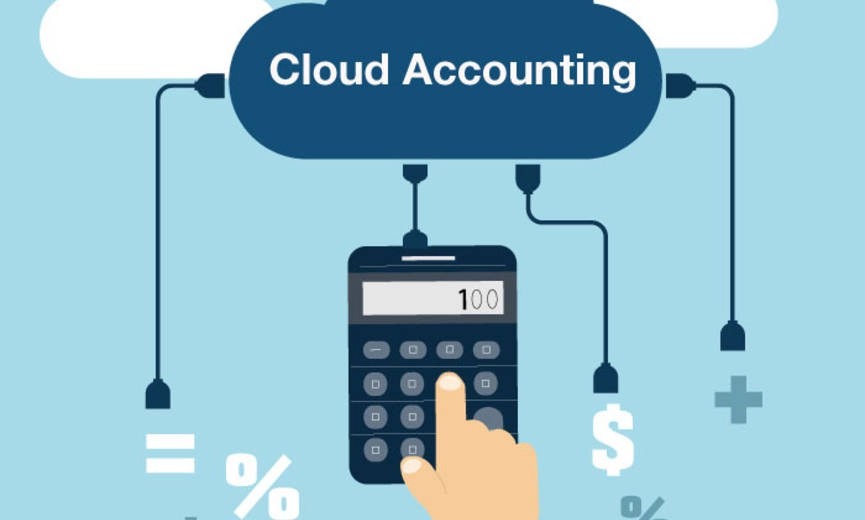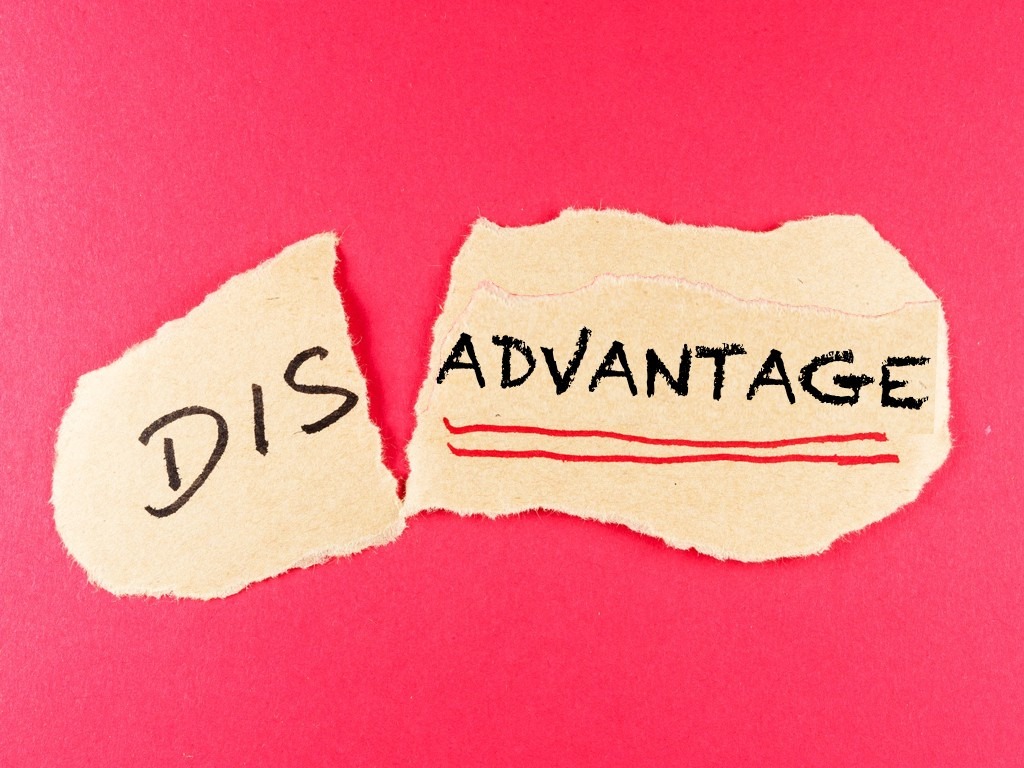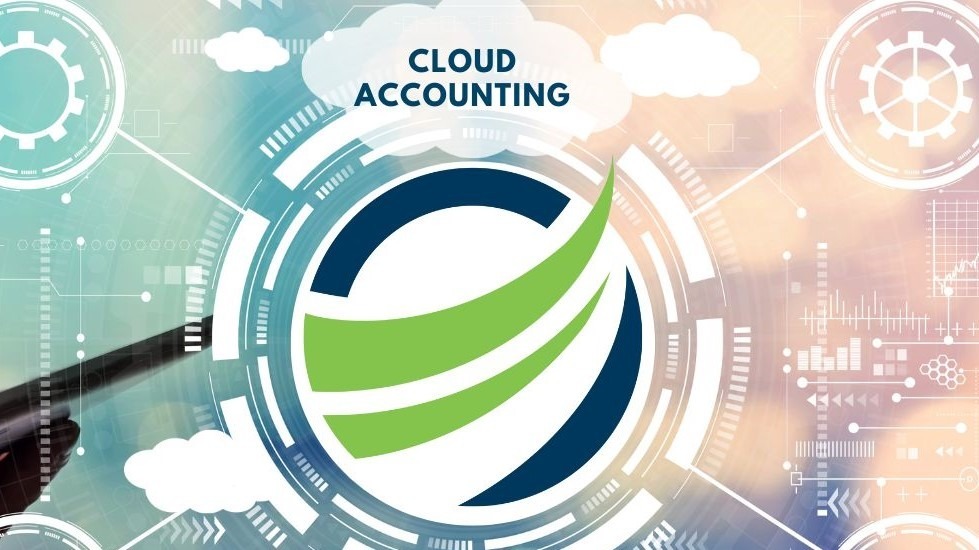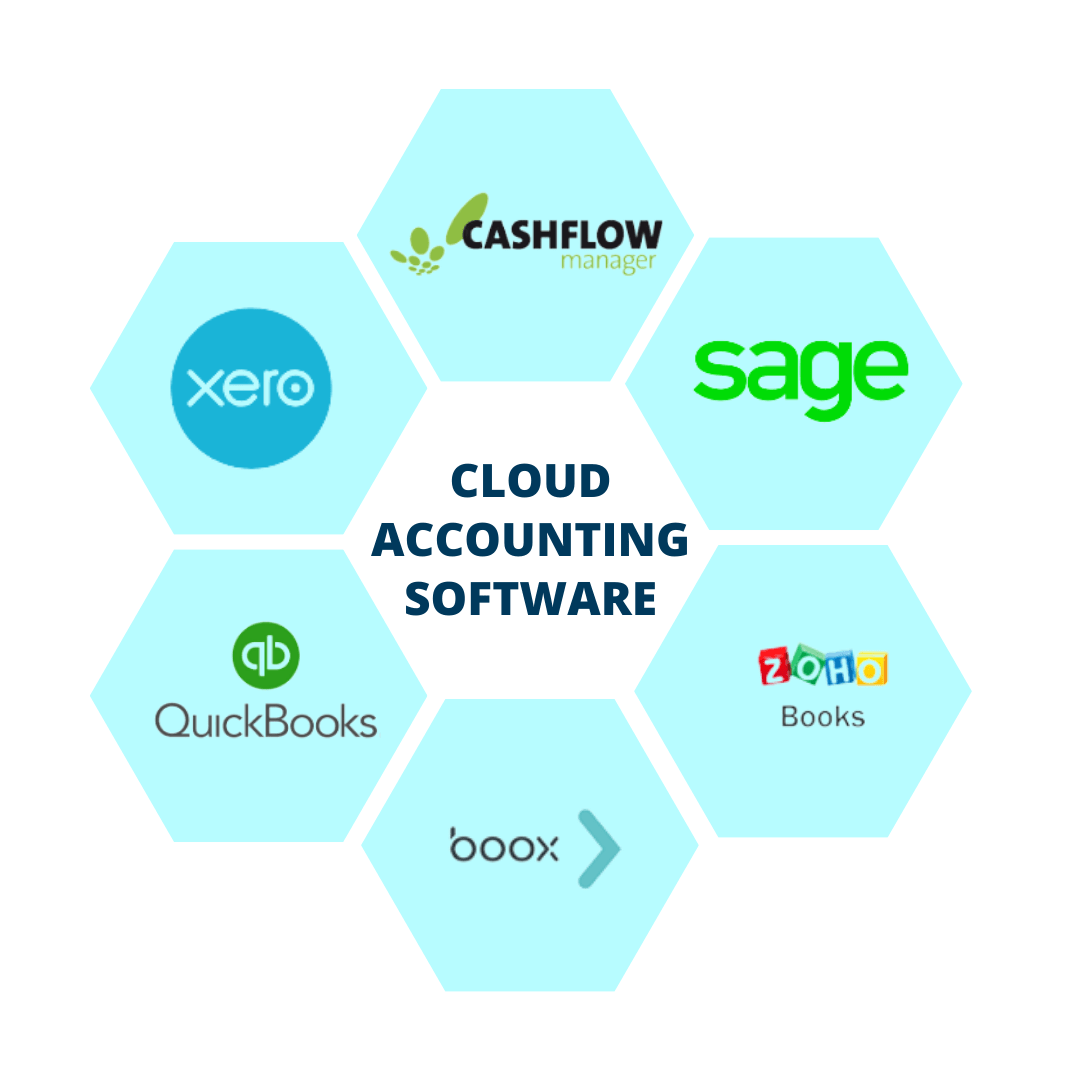Cloud Accounting
What is cloud?
Cloud computing is a platform for storing data online via the internet and allowing users to access it from anywhere in the globe at any time using multiple machines.

Cloud accounting software
 Cloud accounting software is more likely to be used than traditional accounting software, with the exception that traditional accounting software saves data on an internal server, whereas cloud accounting software saves data in the cloud, which you can access at any time. When users interact with data in cloud accounting software, the data is processed and then saved immediately. The primary distinction between cloud storage and traditional storage is where the data resides, which is externally rather than internally. There are numerous cloud providers available, including Xero, QBO, Sage50, Sage200, Zohobooks, Quickfile, and many more, each with its own unique set of features.
Cloud accounting software is more likely to be used than traditional accounting software, with the exception that traditional accounting software saves data on an internal server, whereas cloud accounting software saves data in the cloud, which you can access at any time. When users interact with data in cloud accounting software, the data is processed and then saved immediately. The primary distinction between cloud storage and traditional storage is where the data resides, which is externally rather than internally. There are numerous cloud providers available, including Xero, QBO, Sage50, Sage200, Zohobooks, Quickfile, and many more, each with its own unique set of features.
Advantages

1. Easily accessible:
The biggest advantage of using cloud accounting software is that you can access your data and software from anywhere in the world as long as you have a right to access and a secure internet connection. The cloud accounting system is primarily used to share data with co-workers and clients. Cloud accounting software offers extreme flexibility to users regardless of their organization’s size, whether it is a one-person operation, a large corporation, or a medium-sized business.
2. Data security:
The most serious concern with cloud accounting is data security. He will ensure that we have proper data security before making any deal or working on any client’s data, and cloud accounting is more secure than any local accounting software. The cloud is used to store important data because there is very little risk of data leakage.
3. Cost effective:
We do not need a physical server in our office or workplace if we use cloud accounting software, which saves us money on installation and other capital expenditures.
4. To reduce workload using automation:
The cloud accounting system enables automated bookkeeping, reconciliation, and many other tasks, reducing team workload and allowing them to focus on other tasks that will increase production.
Disadvantages








 Cloud accounting software is more likely to be used than traditional accounting software, with the exception that traditional accounting software saves data on an internal server, whereas cloud accounting software saves data in the cloud, which you can access at any time. When users interact with data in cloud accounting software, the data is processed and then saved immediately. The primary distinction between cloud storage and traditional storage is where the data resides, which is externally rather than internally. There are numerous cloud providers available, including Xero, QBO, Sage50, Sage200, Zohobooks, Quickfile, and many more, each with its own unique set of features.
Cloud accounting software is more likely to be used than traditional accounting software, with the exception that traditional accounting software saves data on an internal server, whereas cloud accounting software saves data in the cloud, which you can access at any time. When users interact with data in cloud accounting software, the data is processed and then saved immediately. The primary distinction between cloud storage and traditional storage is where the data resides, which is externally rather than internally. There are numerous cloud providers available, including Xero, QBO, Sage50, Sage200, Zohobooks, Quickfile, and many more, each with its own unique set of features.